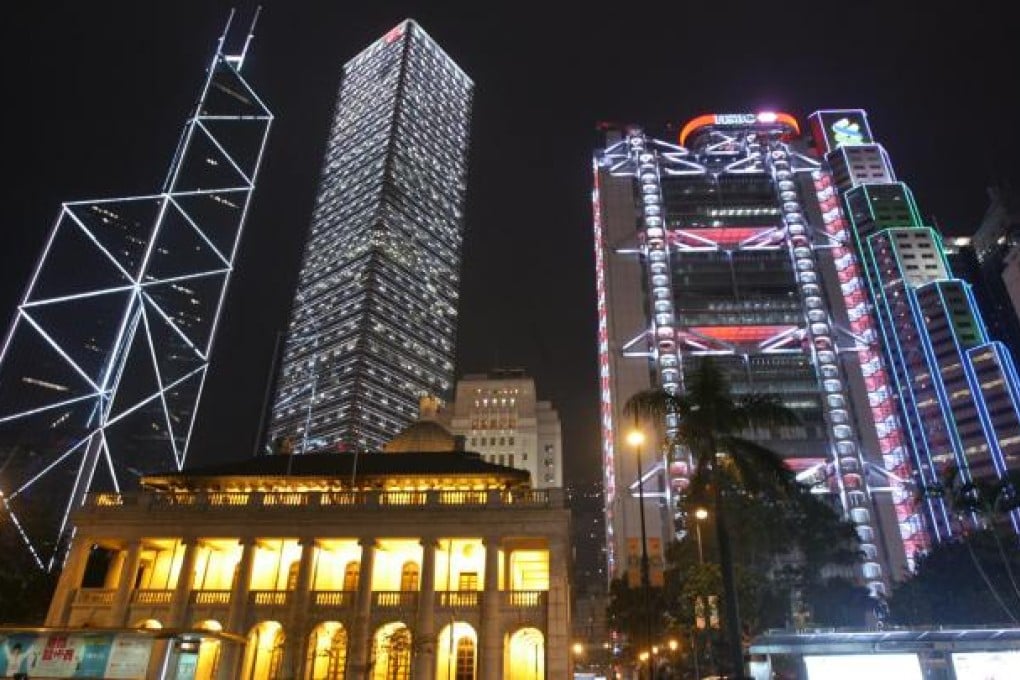Letters to the Editor, March 3, 2013
I was interested to read Dr Robert Hanson's letter ("'Green' light bulbs really a health hazard", February 22), replying to my letter ("Offer rewards for light-bulb recycling", February 17). However, I would like some references to back up the claims he made.

I was interested to read Dr Robert Hanson's letter ("'Green' light bulbs really a health hazard", February 22), replying to my letter ("Offer rewards for light-bulb recycling", February 17). However, I would like some references to back up the claims he made.
He lumps together compact fluorescent lights and LED light bulbs, but they are different devices containing different components.
Dr Hanson says the government has failed to warn the public, but, as I pointed out, it has publicised recycling campaigns, albeit with the gap (of longer tubes) I identified.
Your correspondent claims the UN is calling for a ban. In fact, the UN Environment Programme has called for more CFLs, in its press release, "Multi billion dollar benefits of global switch to energy-efficient lighting".
He also tries to confuse correlation with causation by saying that cancer, mental illness and use of these bulbs have increased in line. Perhaps all three are linked to increasing urbanisation over the course of the study?
Dr Hanson accuses the lighting industry of obstructing public education on the health dangers, but then admits they are providing detailed clean-up and disposal instructions.